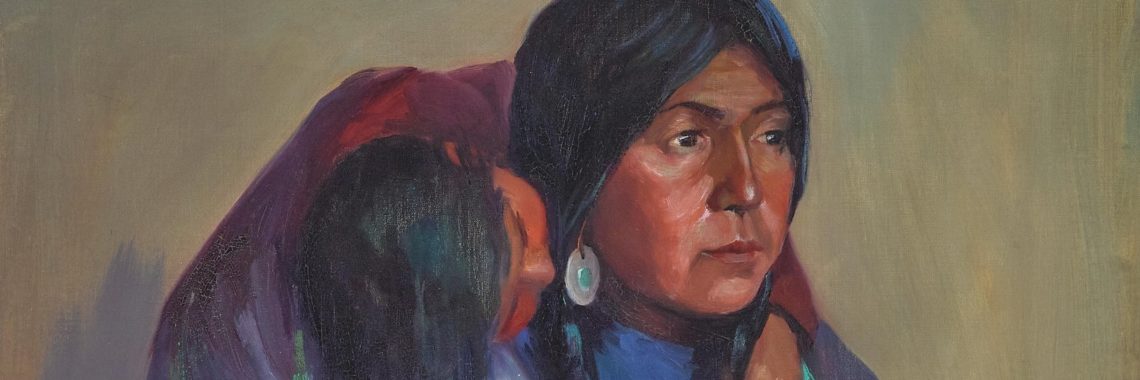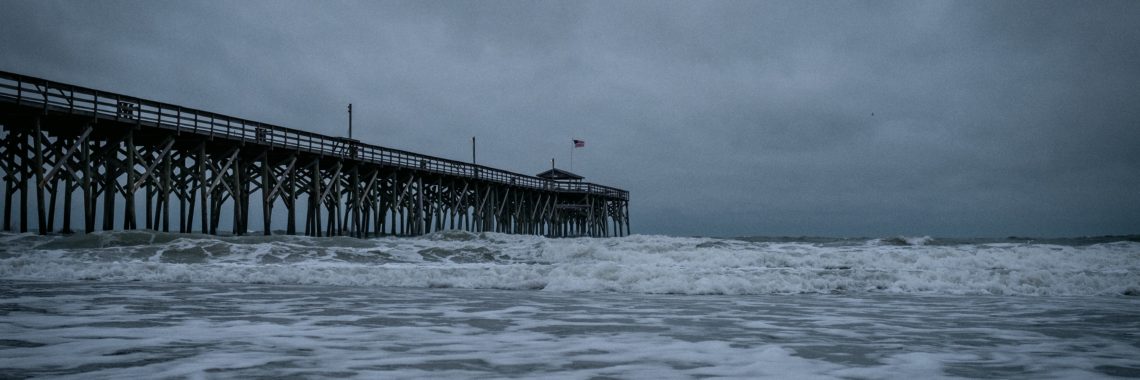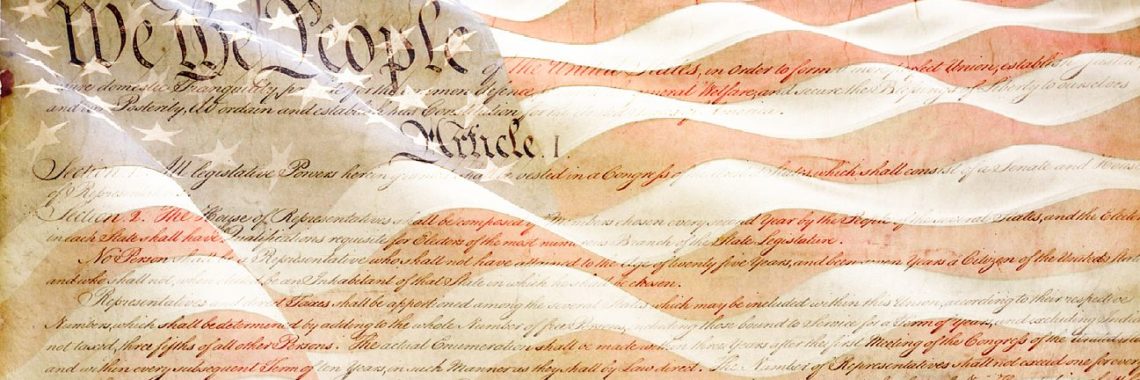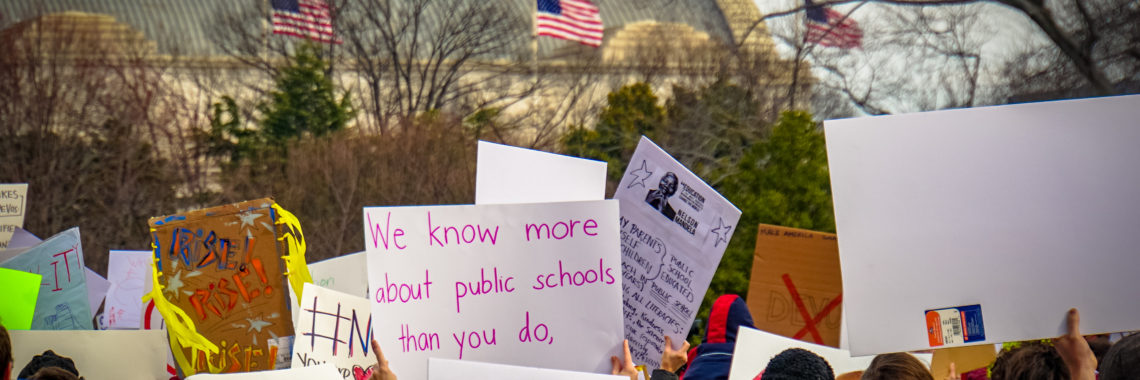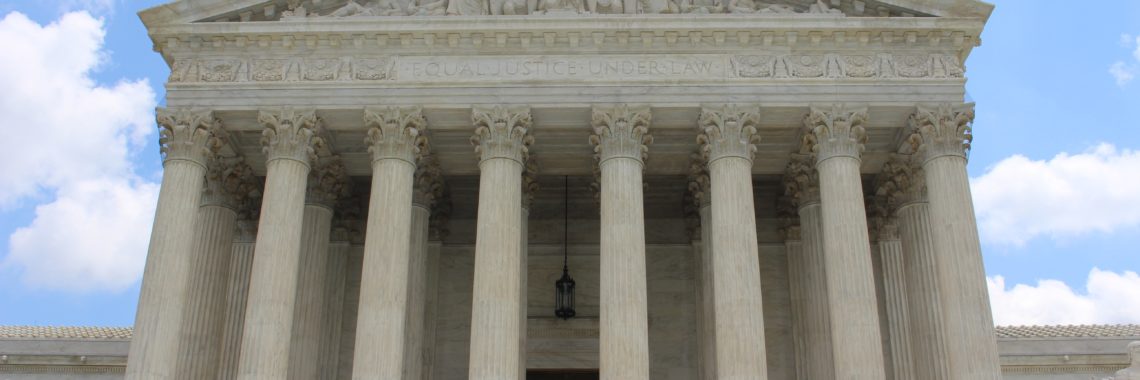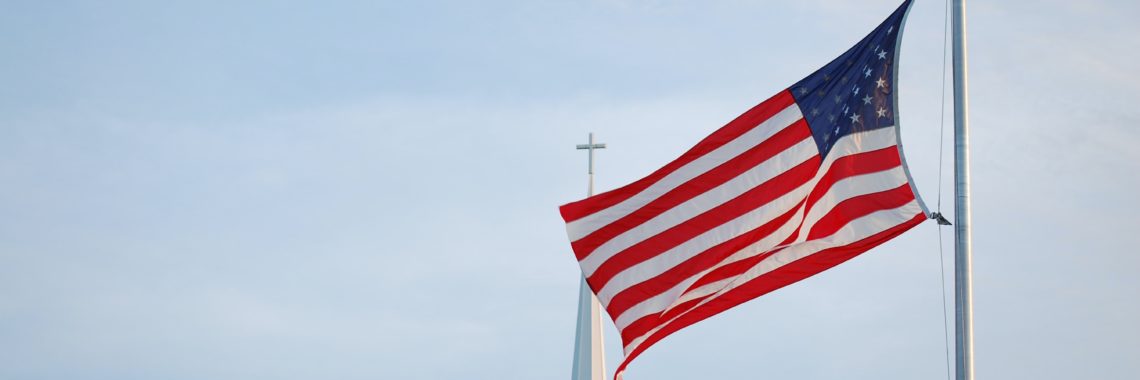“Johnson v. M’Intosh, Plenary Power, and Our Colonial Constitution” by Alexandra Fay
“Wife and Child of Bull Plume” by Kathryn Woodman Leighton (Wikimedia PD-US) This article is part of our “200 Years of Johnson v. M’Intosh: Law, Religion, and Native American Lands” series. If you’d like to check out other articles in this series, click here. In Johnson v. M’Intosh, Chief Justice John Marshall articulated the doctrine of discovery as…


